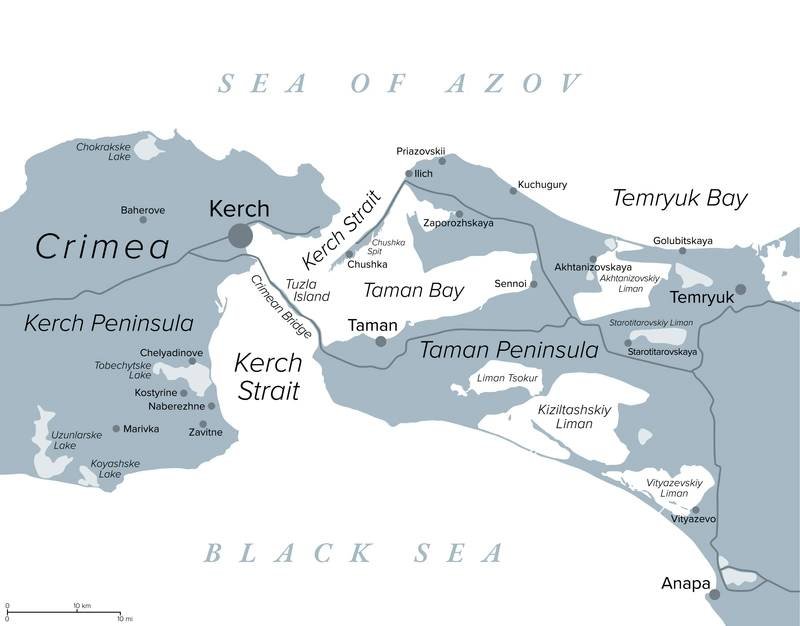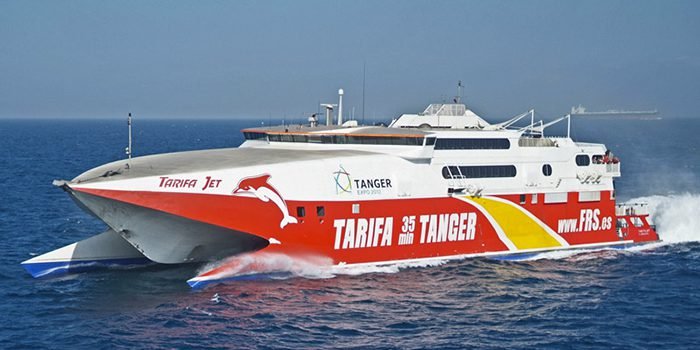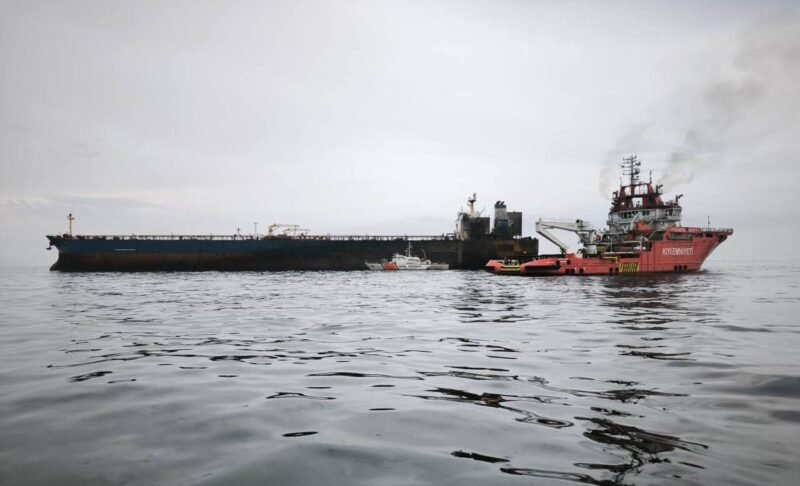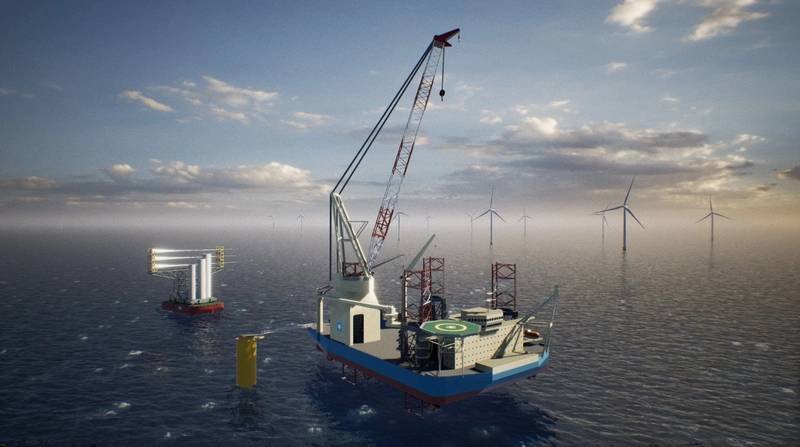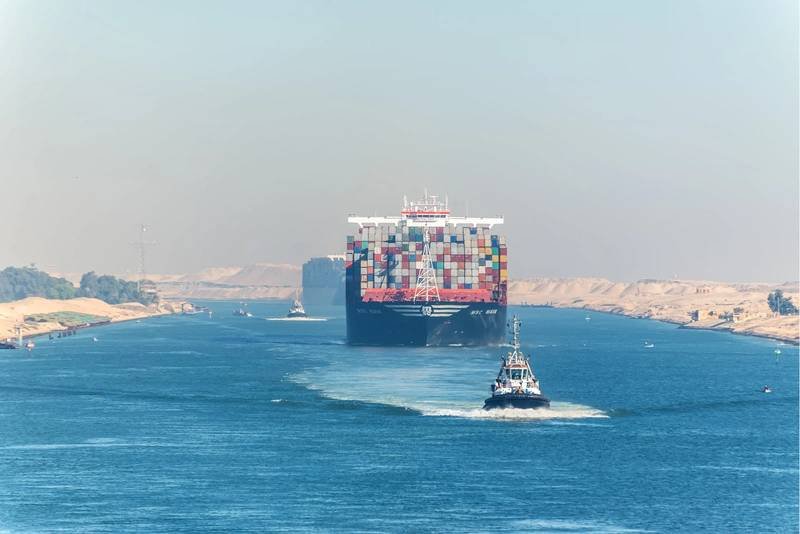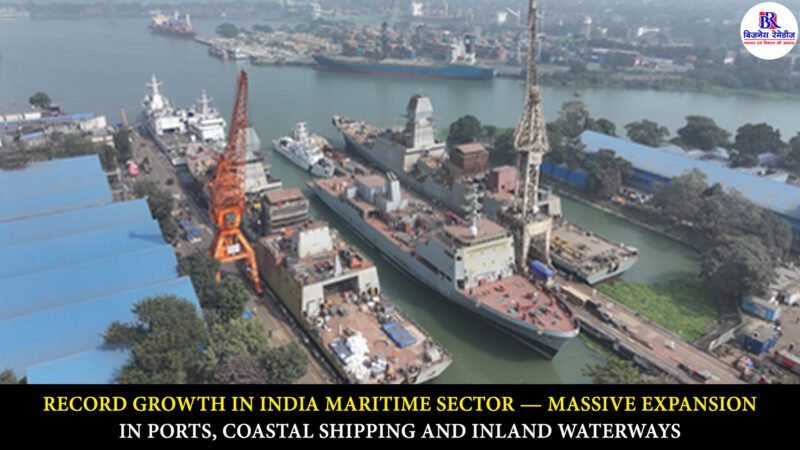Canada’s federal government intervened on Tuesday, November 12, by implementing final and binding arbitration to resolve labor disputes that had halted work at ports along the West Coast in British Columbia and in Montreal. The decision was made in response to mounting pressure from commerce groups and business leaders who warned of the significant impact on the economy. Canada’s Labour Minister, Steven MacKinnon, emphasized the detrimental effects of the lockouts on thousands of Canadian jobs, the economy, and the country’s reputation as a reliable trading partner. He noted that the impasse in collective bargaining negotiations was causing widespread uncertainty and instability, with C$1.3 billion worth of goods being affected daily.
In response to the escalating situation, MacKinnon invoked his authorities under the Canada Labour Code to ensure industrial peace and protect the interests of all Canadians. The Canada Industrial Relations Board (CIRB) was directed to order a resumption of operations and facilitate final and binding arbitration. This move came after talks broke down in British Columbia and union members rejected a proposal in Montreal, prompting the government to urge both employers and unions to resume negotiations urgently. The Maritime Employers Association welcomed the intervention and expressed readiness to follow instructions from the CIRB to resume operations at the affected ports.
The labor disputes, which led to lockouts of foremen on the West Coast and union dockworkers in the East, had created a level of uncertainty and disruption in key port operations. The federal government’s intervention marked the second time in recent disputes that it imposed a settlement to resolve issues affecting workers in Montreal. While the government has emphasized its preference for collective bargaining, it has intervened in previous labor disputes, including strikes at national railroads. The ports are expected to resume operations within days, bringing relief to the impacted workers and businesses.







